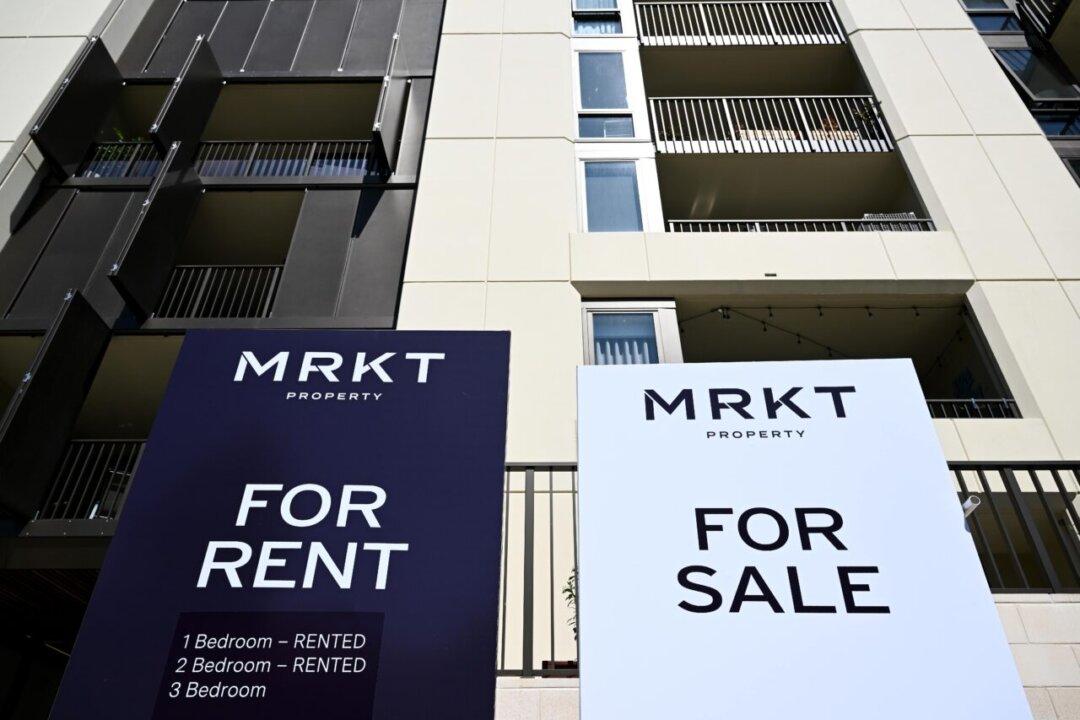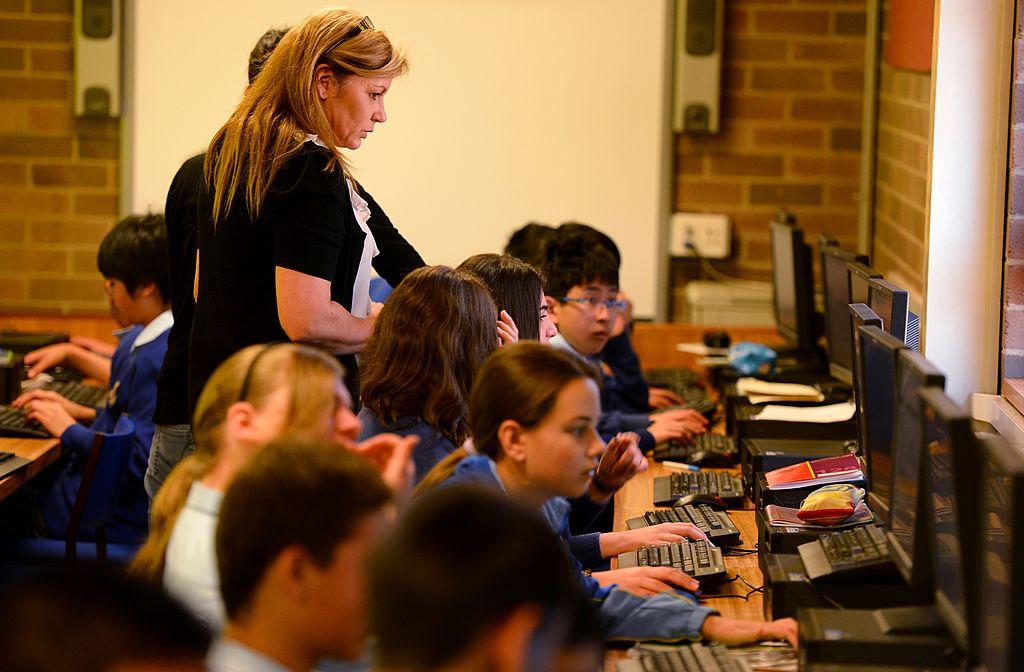Rental unaffordability significantly impacts biological age more than unemployment or smoking, a study found on Oct. 12.
Australia’s University of Adelaide and England’s University of Essex study surveyed 1,420 adults in Great Britain about tenure, government financial support, central heating, and location (urban or rural). According to the researchers, results are likely relevant in Australia.





